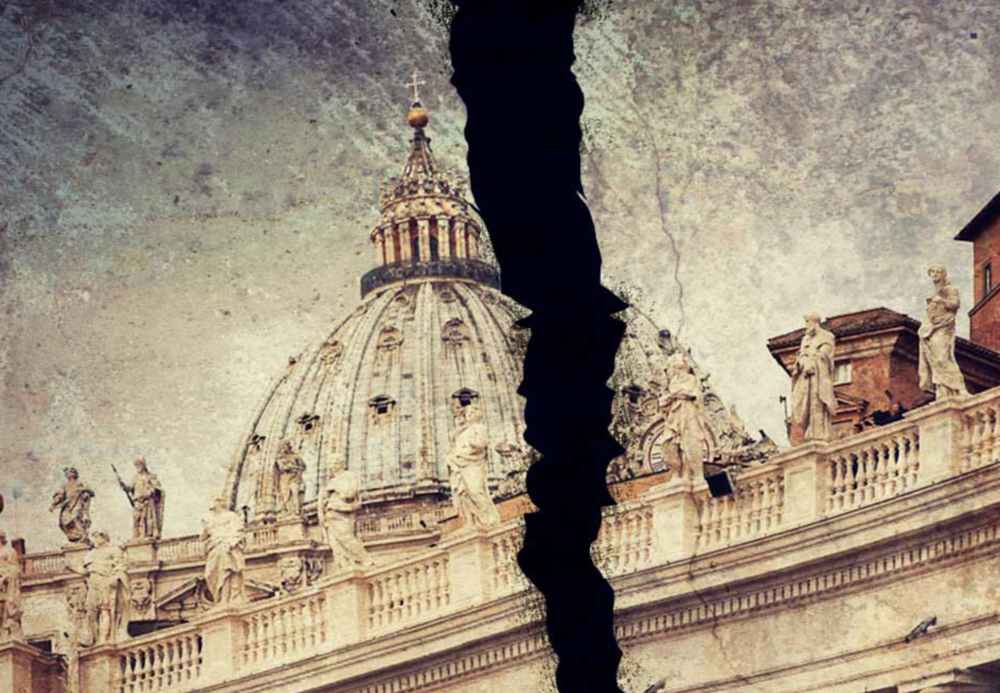Move aside, Southern Baptists and their drive to restrict women’s pastoral ministry in church. Women will be just one of many contested topics when Pope Francis presides October 4–29 over his Synod of Bishops at the Vatican, already in line to become the religion story of the year, even though final decisions await a second session in October, 2024.
Interest escalated with last week’s vigorous attack on the meeting from conservative Catholics, in the form of a 110-page booklet translated into eight languages, made available free online for journalists and parishioners. “The Synodal Process Is A Pandora’s Box” contends that planners have stacked the deck and this “watershed in Church history” constitutes an “imminent” threat to “demolish” the “Catholic Church as it has always existed.”
Hard to top the news possibilities that could amount to a Vatican II and a half: Marriage for priests, ordination of women as deacons (though not as priests) with more power otherwise, lay preachers, broader inclusion for “LGBTQ+” Catholics (yes the Vatican uses that fashionable term), blessing ceremonies (but not marriages) for same-sex couples as the Church of England authorized this year, openness to polygamy and Communion to divorced-and-remarried Catholics and restitution for victims of clergy sexual abuse.
Or not. Germany’s “Synodal Way” process has taken the lead in promoting such revisionist proposals. By contrast, some U.S, bishops downplayed participation in the pope’s synod project or publicly criticized it.
Raising the stakes, according to Rome's Civilta Cattolica on Monday, Francis told an August 5 meeting in Portugal that in the American church there is "a very strong reactionary attitude. It is organized and shapes the way people belong, even emotionally." The pope also said "there is an appropriate evolution in the understanding of matters of faith and morals" and that "backward-ism is useless."
News coverage understandably emphasizes the “Pandora’s Box” booklet’s foreword by American Cardinal Raymond Burke, the onetime archbishop of St. Louis who is now retired as head of the Apostolic Signatura at the Vatican, the church’s highest tribunal.










